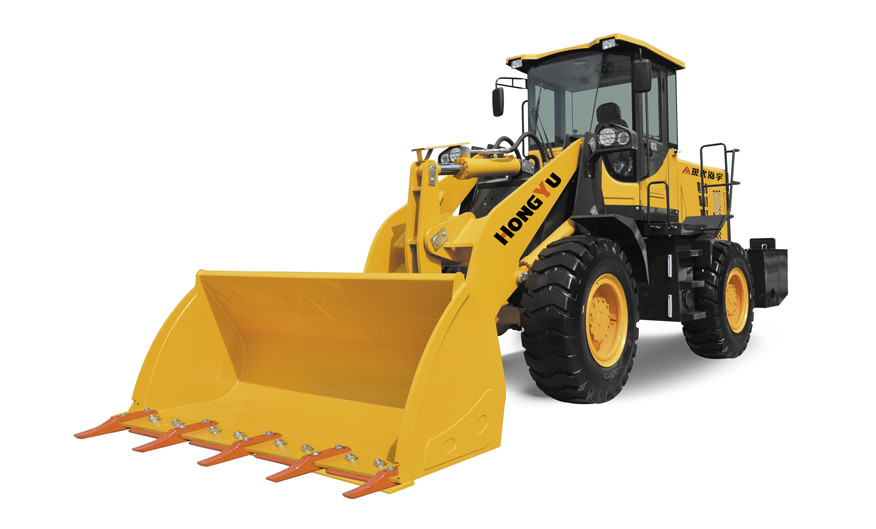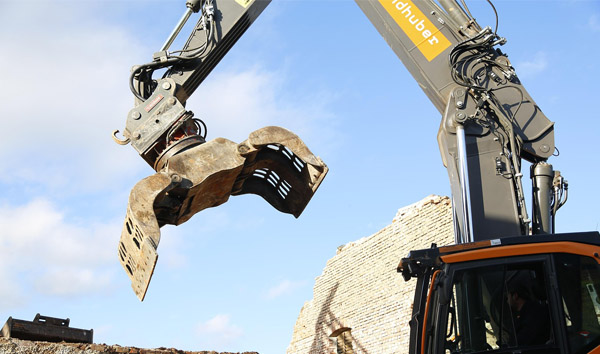Revolutionizing Heavy-Duty Tasks: The Future of Construction Machinery
2025-07-08 05:00:27
### H1: The Evolution of Construction Machinery Construction machinery has come a long way from rudimentary tools to sophisticated, AI-powered equipment. The sector is now valued at over $200 billion globally, with projections indicating steady growth due to urbanization and infrastructure demands. Key players like Caterpillar, Komatsu, and Volvo CE are leading innovations in automation and electrification.
### H2: Automation and AI Integration One of the most significant trends in construction machinery is the integration of artificial intelligence (AI). Autonomous bulldozers, excavators, and cranes are now capable of performing complex tasks with minimal human intervention. For instance, Komatsu’s Smart Construction initiative uses drones and 3D modeling to optimize earthmoving operations, reducing project timelines by up to 30%.
### H2: Sustainability in Construction Machinery With increasing environmental regulations, manufacturers are shifting toward electric and hybrid construction machinery. Volvo’s ECR25 Electric excavator, for example, produces zero emissions and operates at 50% lower noise levels than traditional models. Governments worldwide are incentivizing green machinery adoption, further accelerating this shift.
### H2: The Role of Telematics and IoT Telematics systems are revolutionizing how construction machinery is monitored and maintained. Real-time data on fuel consumption, engine health, and operator behavior help companies optimize fleet performance. According to a 2023 McKinsey report, IoT-enabled machinery can reduce downtime by 15-20%, significantly cutting operational costs.
### H1: Challenges and Future Outlook Despite advancements, the construction machinery industry faces hurdles like high R&D costs and skilled labor shortages. However, with continued investment in automation and sustainable technologies, the sector is poised for long-term growth. Experts predict that by 2030, over 40% of new construction machinery will be electric or hybrid.
In conclusion, the future of construction machinery lies in smarter, greener, and more efficient solutions. As urbanization accelerates, these innovations will be critical in shaping sustainable infrastructure worldwide.














